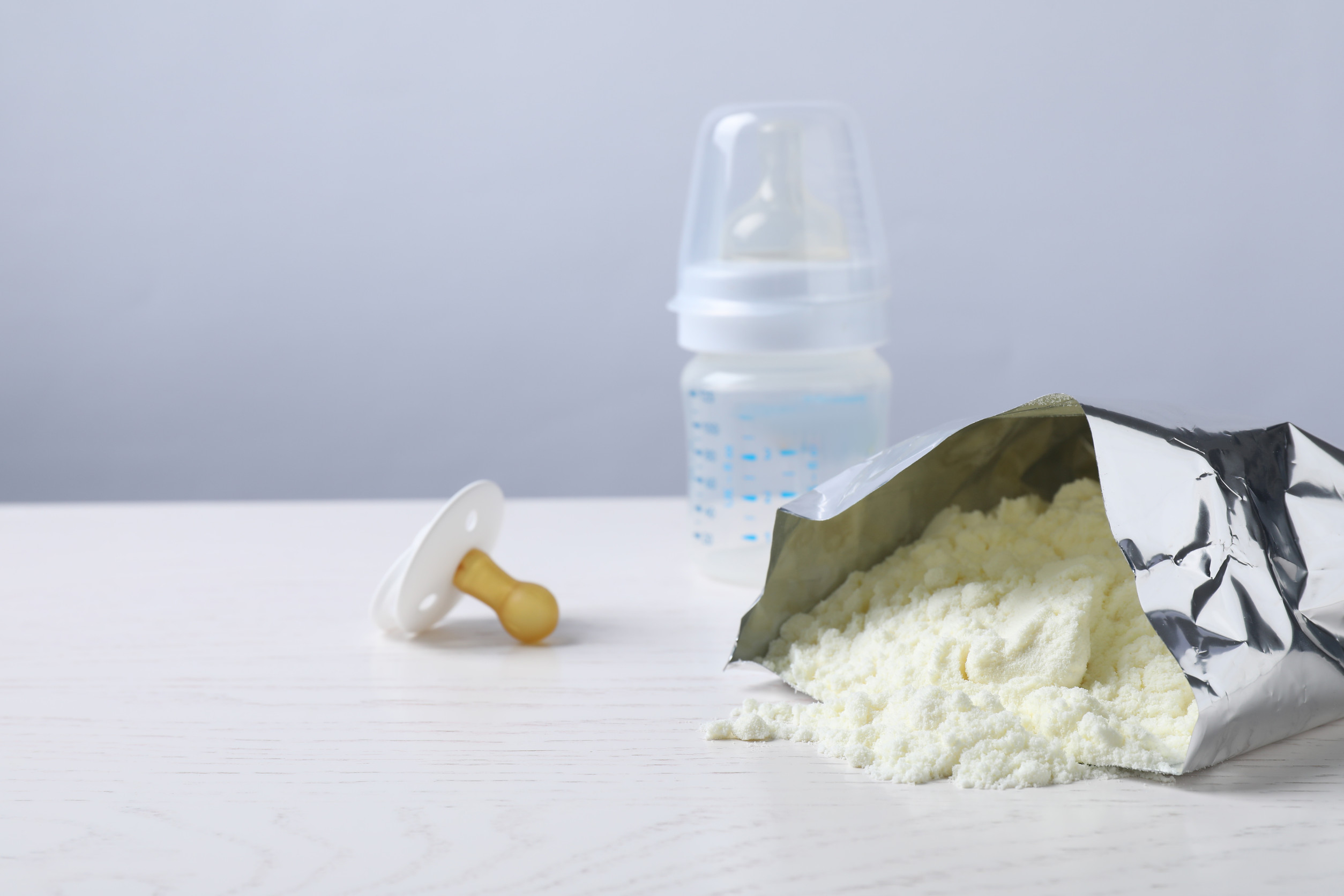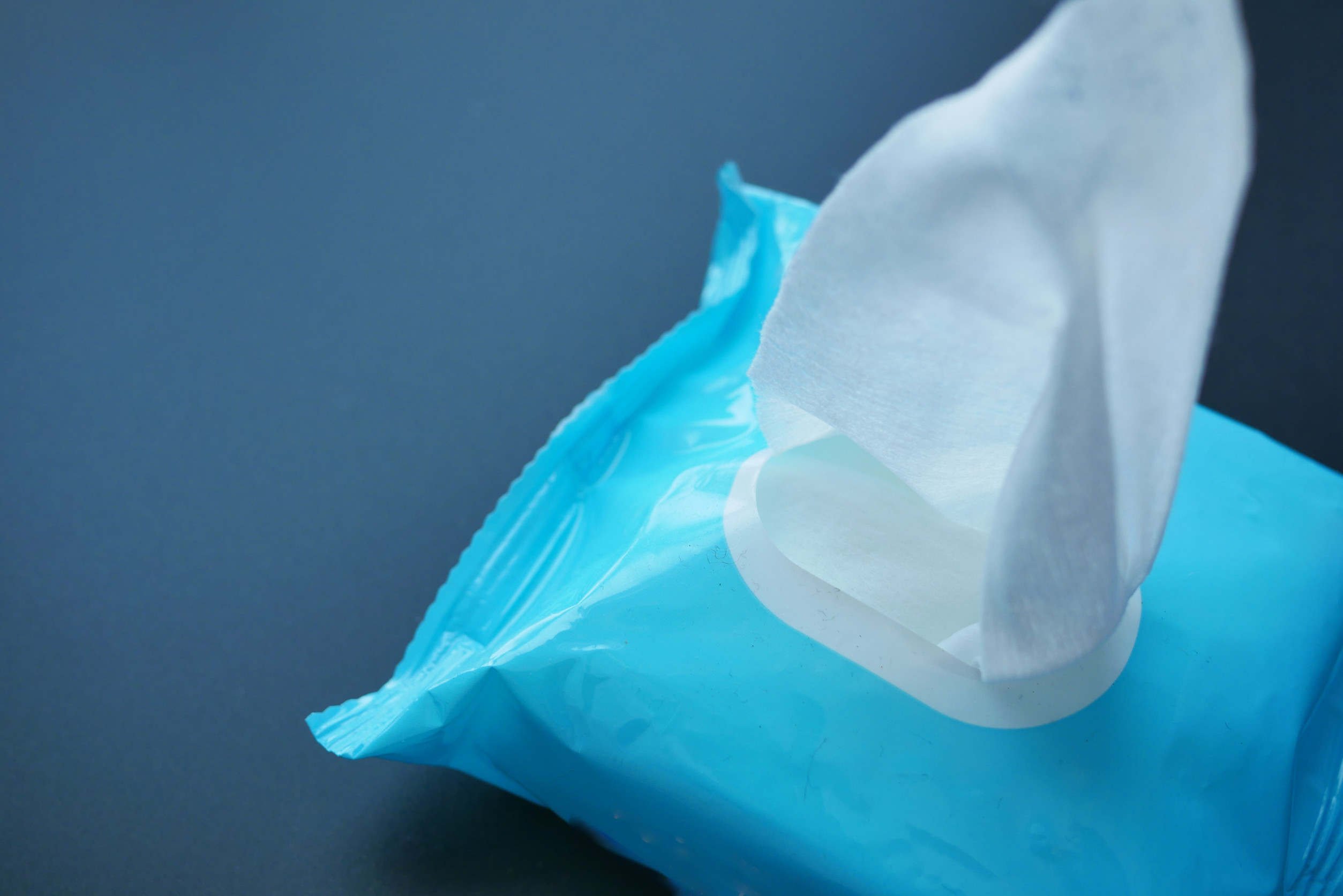
Store brands have exploded in popularity over the last decade. They often promise the same quality as name brands at a lower cost—and sometimes, they even outsell their more expensive counterparts. But when it comes to safety, not all store brands are created equal. In fact, there have been several times when generic products dominated the shelves but later raised red flags due to safety concerns. If you’ve ever wondered whether the savings are truly worth it, these eight cases might make you think twice before tossing a store-brand alternative in your cart.
1. Infant Formula Recalls Sparked Major Concerns
In early 2022, multiple store-brand infant formulas were recalled after links to bacterial infections in several babies. Sold under labels like Parent’s Choice (Walmart), Up & Up (Target), and others, these formulas were all manufactured by Abbott Nutrition—also the producer of Similac. Even though they outsold the name brands during shortages, many parents were unaware that these products shared the same facility, and thus, the same contamination risk. The recall led to panic, with parents scrambling for safe alternatives. In this case, cheaper didn’t mean safer.
2. Generic Pain Relievers With Inconsistent Dosages
Over-the-counter pain medications like acetaminophen and ibuprofen are commonly found in store-brand bottles for half the price of Tylenol or Advil. But several generics have faced FDA warnings for issues like inconsistent dosing and poor quality control. In 2018, a major supplier of generic medications used by big retailers like CVS, Walgreens, and Rite Aid was cited for improper manufacturing practices. Consumers trusted the label—but behind the scenes, the safety didn’t always stack up. When it comes to medicine, store brands must meet the same standards—but not every batch passes the test.
3. Contaminated Hand Sanitizers During the Pandemic
As demand for hand sanitizer skyrocketed in 2020, many store brand sanitizers rushed to meet the need. Unfortunately, some products were found to contain methanol, a toxic form of alcohol not safe for skin contact. The FDA issued warnings and recalls for over 200 hand sanitizers, many of which were store-labeled but produced by unregulated overseas manufacturers. Consumers trusted names like Target’s Up & Up or Walmart’s Equate, but the supply chain was anything but transparent. In this case, going generic came with unexpected health risks.
4. Store-Brand Sunscreen Fails to Deliver SPF Promises
Some store brand sunscreens have come under fire for failing to provide the level of sun protection advertised. Independent testing by consumer watchdogs found that a few popular generics offered significantly less SPF protection than claimed on the label. While name brands like Neutrogena and Banana Boat generally passed, store brands from major chains occasionally fell short. That means unsuspecting users may have spent hours in the sun thinking they were protected—only to end up burned. When it comes to your skin, cheaper isn’t always safer.
5. Store-Brand Baby Wipes Linked to Rashes and Infections

Baby wipes are another common store brand product that parents love for their affordability. But several generic brands—including those sold by Target, Sam’s Club, and Walgreens—have faced backlash for causing severe rashes, burns, or bacterial contamination. Some were pulled from shelves after testing revealed microbial growth or contamination during production. Unlike name-brand wipes, which typically undergo stricter quality assurance, generics may come from third-party factories with minimal oversight. The risk to babies, who have sensitive skin, can’t be ignored.
6. Generic Antibacterial Soaps Found to Be Less Effective
Store shelves are packed with store-brand antibacterial soaps that promise to kill 99.9% of germs—just like their name-brand counterparts. But a 2016 FDA ruling banned certain ingredients commonly found in these soaps due to a lack of proven effectiveness. Many store brands didn’t reformulate quickly, continuing to use outdated or ineffective ingredients long after the ruling. Meanwhile, some name brands pivoted faster, ensuring compliance and better safety. The result? Generic soaps may not be doing what they claim.
7. Store-Brand Supplements May Not Contain What They Say
Dietary supplements are one of the most loosely regulated areas in the health product industry. Testing done by the New York Attorney General’s Office in 2015 found that several store brand supplements from Walmart, Target, GNC, and Walgreens contained little to none of the active ingredients advertised. Worse, some included unlisted fillers that could trigger allergic reactions. Even though these brands were often outselling big-name alternatives, they weren’t providing the value—or safety—they claimed. In supplements, what’s missing can be just as dangerous as what’s added.
8. Store-Brand Pet Food Linked to Illness
Pet owners trying to save money have sometimes turned to store-brand pet foods, only to see their animals get sick. Some private-label pet food products, especially from dollar stores and discount chains, have faced recalls for mold, contamination, or nutritional imbalance. In one case, dozens of dogs were sickened by mycotoxins in generic kibble that looked totally normal on the shelf. While name-brand pet foods undergo stricter testing and recall protocols, generics often operate with fewer safety checks. For pet parents, saving a few dollars came with serious consequences.
When Saving Money Could Be Costing You More
Store brands can absolutely be a smart choice—when they’re made well. But these examples show that not all generic options are created equal, and some may cut corners on safety to keep costs down. From personal care to baby products, consumers should stay informed and not rely on price alone. Read labels, check for recall history, and do a little research on the manufacturer behind the store name. A few minutes of extra effort could save your health—or your pet’s.
Have you had a bad experience with a store brand product? Share your story in the comments to help other shoppers stay safe!
Read More
6 Brands That Quietly Use Substitute Ingredients Without Disclosure
8 Popular Brands That Quietly Removed Their “Non-GMO” Labels
The post 8 Times Store Brands Outsold the Name Brand—But Weren’t Safer appeared first on Grocery Coupon Guide.







